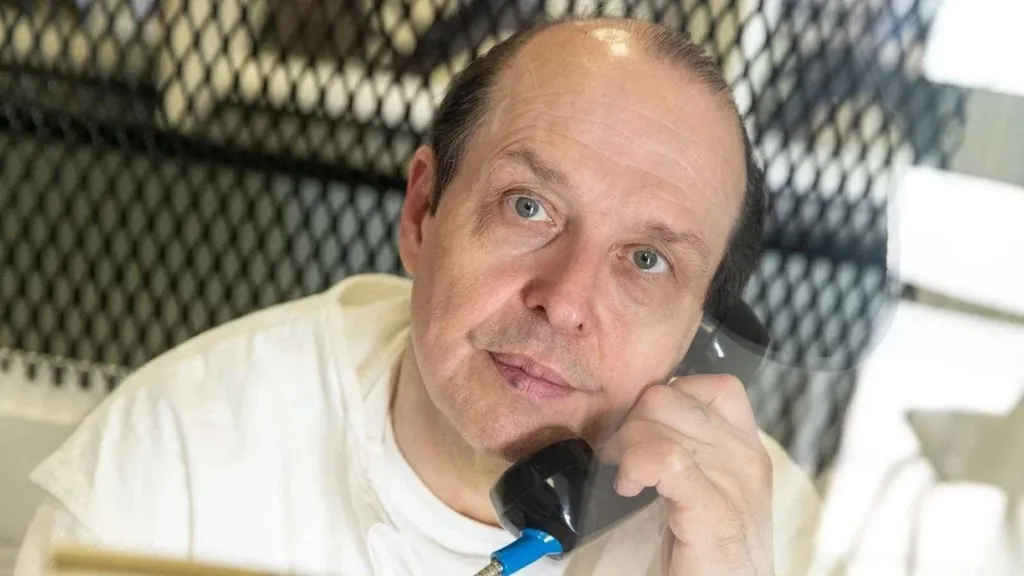
A Texas judge has halted the execution of Robert Roberson, who was convicted in 2003 for the death of his two-year-old daughter, Nikki Curtis, in what was determined to be a case of “shaken baby syndrome.”
Just 90 minutes before his scheduled execution, the judge issued a temporary restraining order, allowing Roberson to testify at a hearing before the Texas legislature next week.
Roberson, his lawyers, and supporters have long argued that Nikki’s death was due to complications from pneumonia, not abuse, and that his conviction was based on outdated medical science.
A bipartisan group of lawmakers, medical experts, and notable figures, including author John Grisham, had called for clemency, claiming the evidence used to convict Roberson no longer stands up to modern scrutiny.
Despite Roberson’s plea of innocence, the Texas Board of Pardon and Paroles rejected his clemency petition earlier this week, and Governor Abbott has not intervened.
Prosecutors maintain that new evidence does not exonerate Roberson, whose conviction was supported by medical findings of brain swelling, retinal hemorrhage, and bruising—hallmarks of “shaken baby syndrome.”
Roberson’s lawyers have argued that his undiagnosed autism at the time of the incident contributed to his misinterpreted lack of emotion during the investigation.